Online predators are turning kids’ Instagram photos into deep fake porn images, inquiry hears
Online predators are stalking the Instagram accounts of young Aussies and turning them into deep fake porn. Here’s the sick way they are doing it.
Photos of young children are being scraped off Instagram and turned into “deep fake” porn images which are then being shared online, a government inquiry has heard.
It also heard allegations there are products on social media sites that directly connect pre-pubescent girls to predators, where they are then exposed to men performing live sex acts.
Collective Shout - an Australian grassroots campaigns movement against the objectification of women and the sexualisation of girls - said its investigations reveal “so called Instagram models, pre-teen models, are having their Instagram content scraped into child exploitation material for publication on porn sites”.
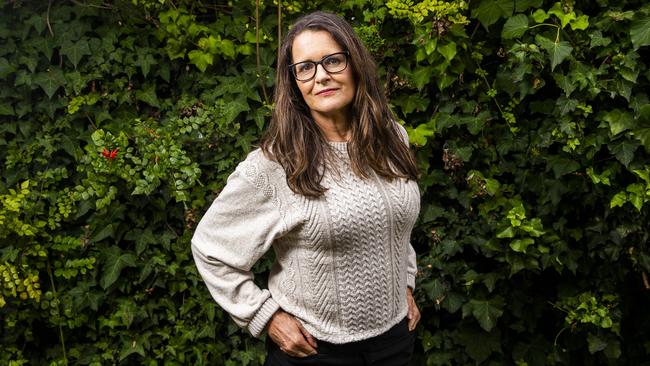
It also has evidence of an online discussion where men ask whether a nine-year old Australian girl made popular and famous by Instagram will ever be available as a deep fake.
Collective Shot Director, Melinda Tankard Reist, told the inquiry into social media and online safety, that they have reported “thousands of accounts” but are still finding “thousands of predators, thousands of would-be groomers”.
She blamed the social media platforms which she likened to “rogue states” for putting “profits before the well being of the community”.
She said if governments care about the well being of vulnerable young people, they need to bring these “essentially rogue states into line”.
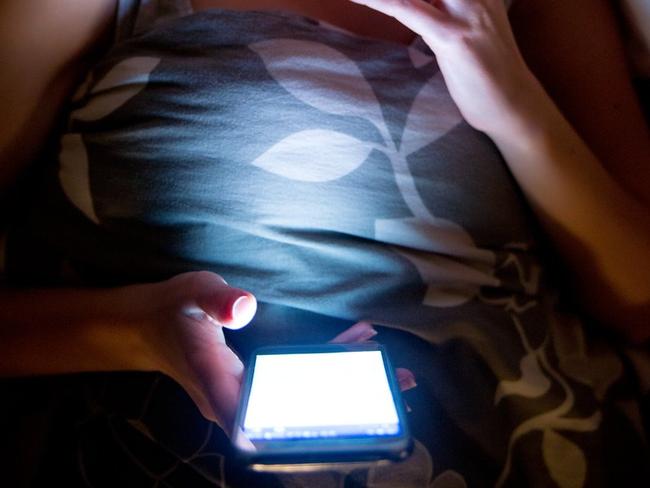
The inquiry also heard from groups representing people with eating disorders.
Dr Sarah Squire from the Butterfly Foundation said in the last five years there’s been a 275 per cent increase in people calling its helplines and a 148 per cent increase in demand for school programs since the pandemic began.
Eating Disorders Families Australia director David Quilty said “social media is the perfect petri dish for the proliferation of eating disorders”.
“It’s highly visual, is focussed on the attainment of unrealistic phsyical perfection”.
While they both agreed social media wasn’t to blame entirely for eating disorders, some of its “harmful” content was excerbating the issue.
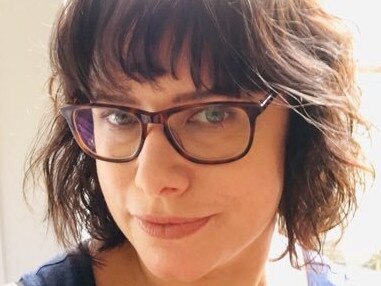
Those who worked on the Draft Online Safety Bill in the UK were also invited to give evidence at the inquiry.
Baroness Beeban Kidron pointed out that the big social media companies have the ability to design their platforms so they are safer for young users.
“Tik Tok only need to know what someone hovers over to understand what they’re interested in. And yet they are sending 13-year-olds targeted weight loss videos recommending diets of 300 calories,” she said.
Baroness Kidron said Facebook whistleblower Frances Haugen had revealed the way Instagram balances its drop down menu “can affect the body dysmorphia, and depression rates of teenage girls”.
“And here in the UK, we’ve had some very distressing sort of statistics this week, which showed a three fold rise of seven to 10-year-olds, creating child sexual abuse videos,” she said.
She questioned why a seven to 10-year-old should have access to live streaming.
She said each one of those examples could be stopped at a design level with better checks of age at entry level and moderation appropriate to the size and reach of the platform.
She said the social media companies have “to provide a product that is fit for human consumption”.
“We do not allow cars to be put on the road with no breaks.
“This is a sector which is a car with no brakes.”
Another UK contributor Carnegie UK trustee William Perrin said any “polluting company” should pay for the burden of the cost of its impact.
He said Facebook - or Meta - has cash at hand of $60 billion US dollars and some of that money can be spent on “ameliorating costs that fall outside the business on Britons and Australians as individuals and societies”.
Earlier on Thursday, the inquiry heard from Dolly Everett’s mum who said she would support children having to get a licence to use social media platforms.
Kate Everett lost her 14-year-old daughter to suicide four years ago, after years of relentless online bullying.
She told the committee looking into the toxic impacts of social media, that it was logical that if you need a licence to drive a car, then you should have one to be able to access the online world.
“We are not allowed to drive a car, we are not allowed to do so many other things in life without, you know, the appropriate education and licensing,” Mrs Everett said on the fifth day of the inquiry.
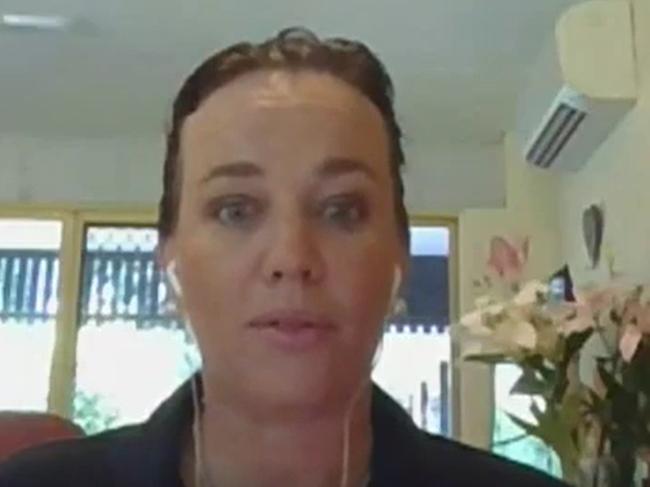
“It only seems logical that we should have something in the online world.”
Stephen Bendle, part of Dolly’s Dream – a campaign group set up in the aftermath of Dolly’s death – added that whether it was a licence or a survey that was a “process of education that engaged the entire family”, something needed to be introduced.
However, he said even with a licence without the social media companies having safeguards, it means nothing.
“If we don’t have safe platforms, no amount of licensing is going to help,” he told the social media inquiry, chaired by Liberal MP Lucy Wicks.
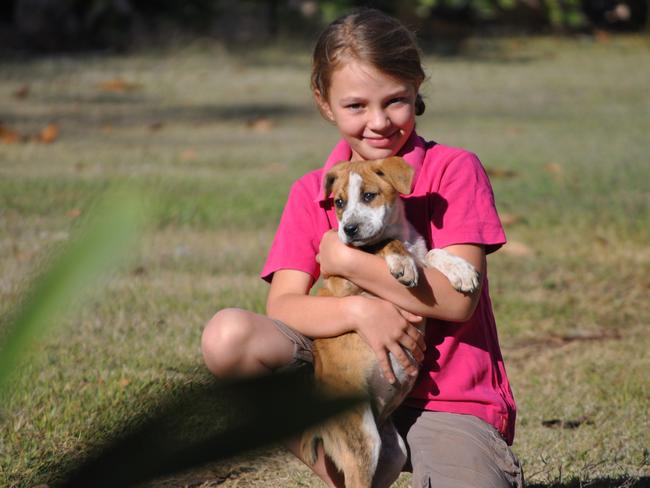
He also talked about restorative justice, where bullies, who are often children themselves, can learn about the impact of their actions and the right to have harmful content removed.
The committee also discussed the wish for repeat offenders to be permanently banned from all social media platforms.
Kate and Tick Everett, founders of Dolly’s Dream, have been working tirelessly to raise awareness on social media safety after losing their teen daughter four years ago after years relentless online bullying.
Mrs Everett told the committee that every day she gets “messages and stopped in the street by parents struggling with how to protect the children from the dark holes of social media”.
More Coverage
Originally published as Online predators are turning kids’ Instagram photos into deep fake porn images, inquiry hears





